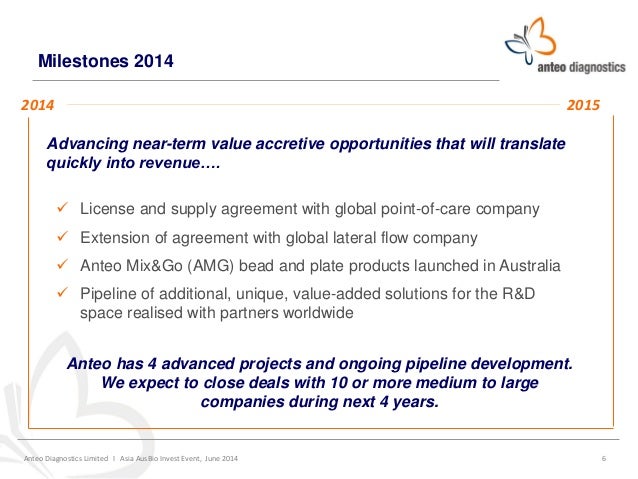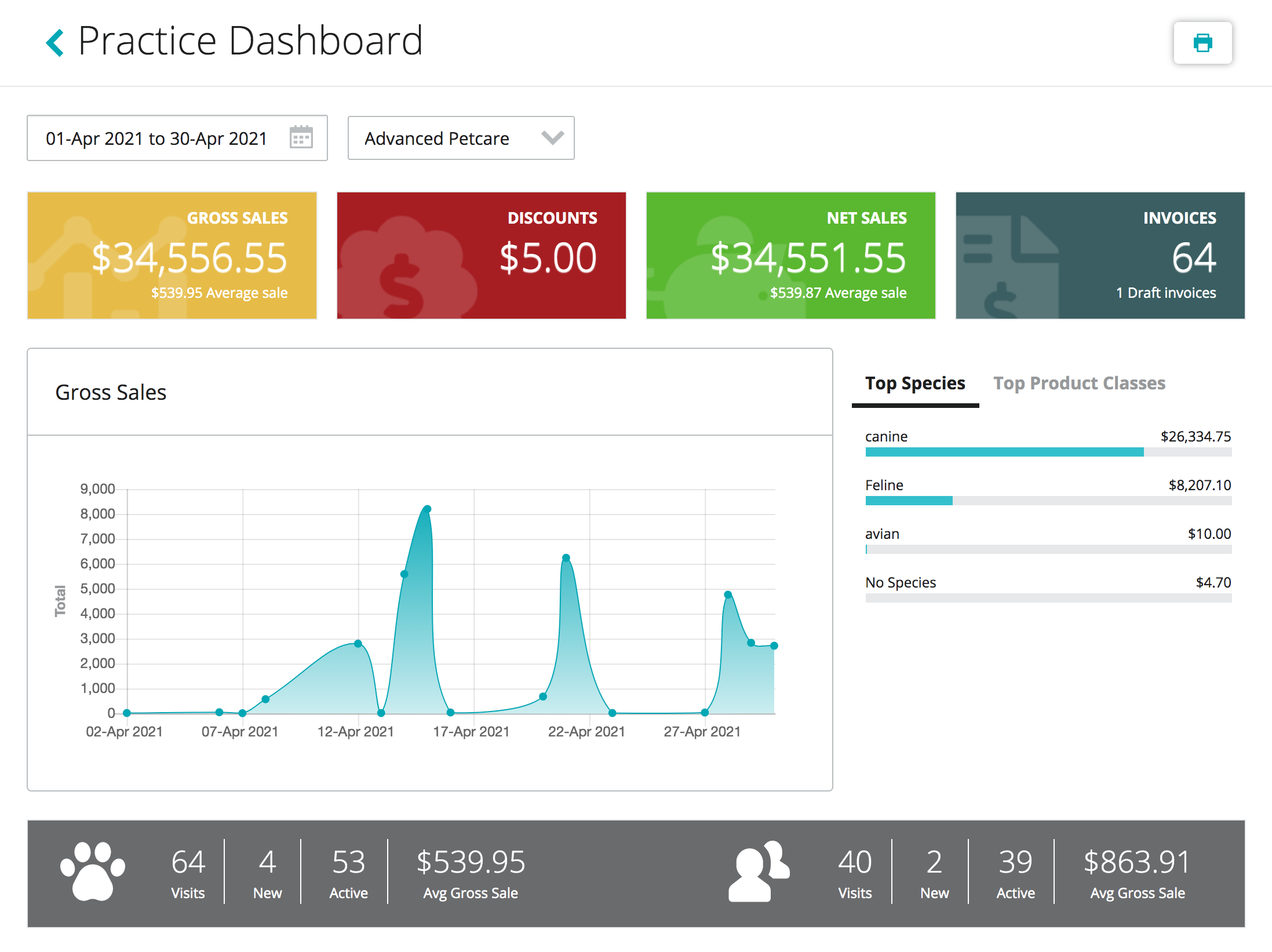

Some people get around this by providing a false name. There may also be privacy issues, where privacy laws in other countries are different to our own.If they results are inaccurate, unclear or misleading, the GP would be held liable for any issues arising from information or advice they gave you on the basis of the results. GPs are under no obligation to interpret, accept or act upon results of these genetic tests.This may mean inaccurate, unclear or misleading results. Companies doing testing may be located offshore and not follow the same stringent test procedures and interpretation or analysis as Australian laboratories.It's this direct-to-consumer genetic testing, which bypasses the normal checks and balances of the health system testing, that's raising concerns.ĭoctors and other health professionals have raised a number of concerns about DIY DNA testing: health information (susceptibility to diseases and conditions).genetic quirks (sneezing when you look at a bright light).ancestry (for establishing paternity, for example).Now consumers can undertake their own testing by buying kits online, providing a DNA sample from the comfort of their own home, posting it off to a lab and finding out all manner of genetic information, such as: These drugs may be expensive or have undesirable side effects and shouldn't be used when patients are not likely to benefit. Genetic testing can also be used to predict treatment response – for example, certain gene mutations in forms of cancer (breast, colon and melanoma) indicate susceptibility to particular treatment drugs. An example is the BRCA1 or BRCA2 gene mutations that indicate increased risk of breast and ovarian cancer, which may prompt more frequent screening (mammograms) or risk reduction surgery (such as a preventative double mastectomy). Genetic testing can be used to predict an individual's risk of disease when there is a family history of it. Medicare covers the cost of some genetic tests. The purpose of the test and the implications for the patient (and their family) must be explained to them, and the patient must provide informed consent. Medical genetic testing usually requires referral from a medical practitioner as well as pre- and post-test counselling, and a majority of tests occur through the public hospital system with geneticists and counsellors on hand. There are many legitimate reasons for genetic testing, which traditionally has been carried out through a private doctor or the public hospital system. This small payoff against a huge cost isn't enough to make the government bean-counters recommend the screens to everyone, but individuals who can afford it may feel the potential benefits outweigh the risks. On the other hand, a small percentage of people will benefit from the early detection of a disease or condition they were completely unaware of, potentially saving lives. Or, it may find something suspicious, which will be followed up by invasive testing, accompanied by stress and anxiety that turns out to be unfounded. The main problem with such screening is that it may provide false reassurance that there are no problems, with implied permission to carry on as normal, even if that includes risky lifestyle and behaviours (diet, alcohol consumption, inactivity and so on). However, while applauding this proactive approach to looking after health, many medical professionals have concerns. But advances in medical technology and lower costs of equipment have seen many common diagnostic procedures and technologies being used to screen for diseases and conditions in people without any symptoms.īy offering these services directly to consumers, patients and service providers can bypass patients' regular doctors and other health professionals. The government funds these tests because the health benefits for Australians and health system cost savings are calculated to outweigh the costs of supplying the tests. The government funds various screens and tests recommended for people at various ages and life stages, as well as general health indicators such as blood pressure, blood sugar and blood cholesterol levels. Government-funded vs direct-to-consumer screening Here, CHOICE explains the issues with the following screening services, which are being offered directly to consumers without a medical referral. These screening tests fall under the banner of preventative medicine because they can help head off future problems, so they're sometimes referred to as preventative screening.

If you're concerned about staying healthy, it's possible to be tested for some conditions and diseases even if you have no signs or symptoms of being unwell.

Find out more about fact-checking at CHOICE. Checked for accuracy by our qualified fact-checkers and verifiers.


 0 kommentar(er)
0 kommentar(er)
